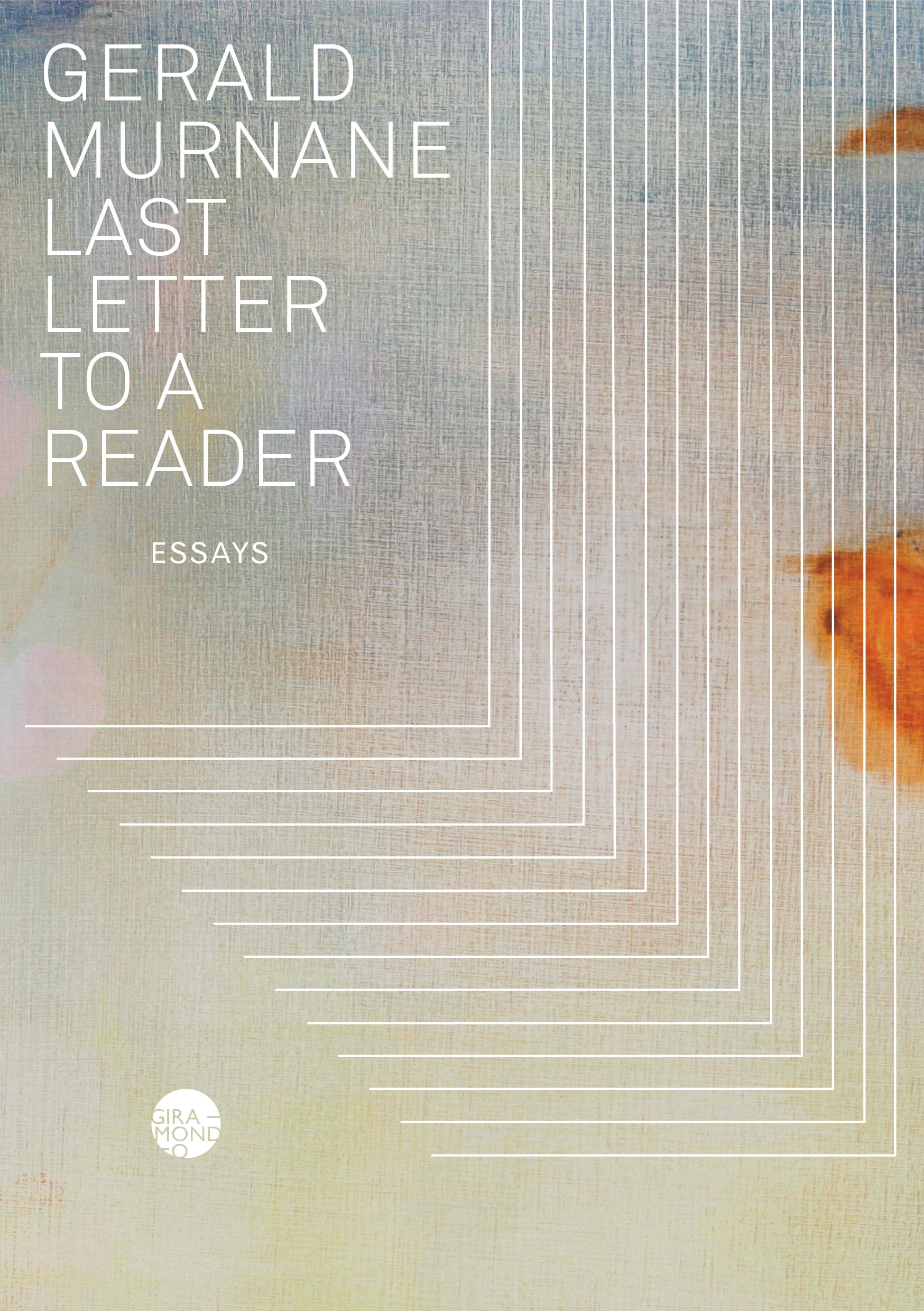What do you think?
Rate this book


140 pages, Paperback
First published November 1, 2021
A certain sort of reader of these paragraphs might have cause to complain that an author of my sort denies him or her what readers of fiction have traditionally sought and obtained: meetings-up with complex but credible characters ; insights into human nature. My reply to such a complaint would be the claim that the alert reader of my fiction obtains therefrom an extraordinarily detailed knowledge of its implied narrator, the personage who created it. The mouse behind the mesh, the grey-gold monastery/brain, and the sky of melting colours — each of these and of the host of their counterparts throughout my fiction is an item of evidence, no matter how fragmentary, of the workings of the mysterious invisible entity that we call Mind. (p.54)
The reading of a work of fiction alters — sometimes briefly but sometimes permanently — the configuration of my mental landscape and augments the number of personages who are its temporary or permanent residents. Morality, social issues, psychological insight — such matters seem as fanciful and inconsequential to me as my talk of shapes and dissolving imagery might seem to my conjectured reader. (p.53)